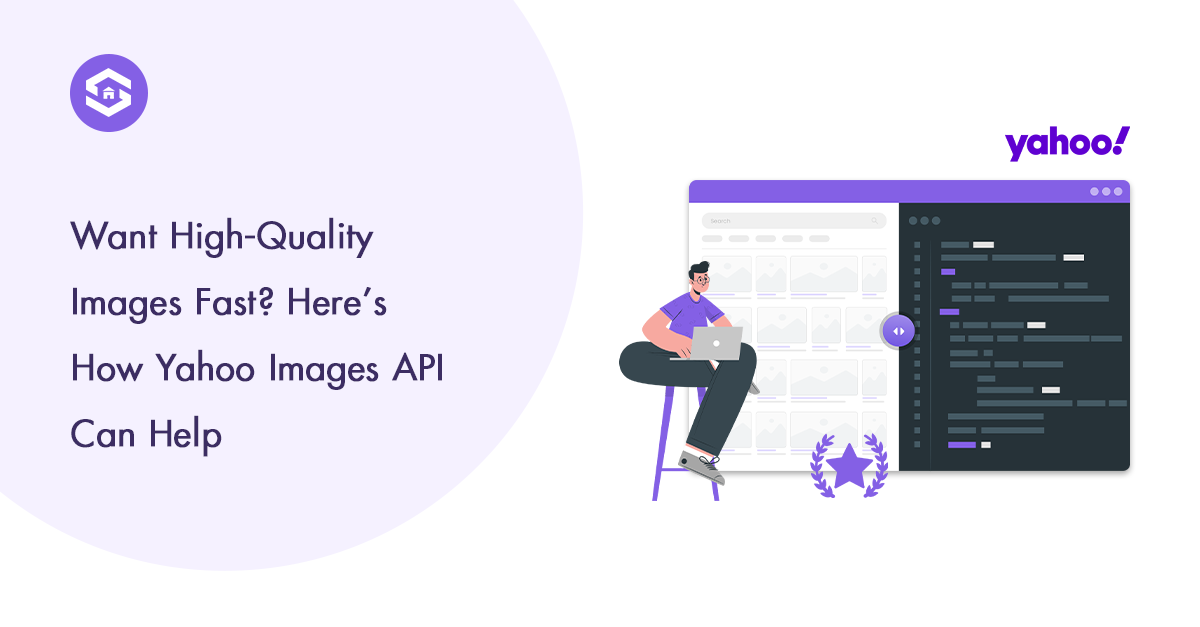Table of Contents
Table of Contents
In the SEO game, Google reigns supreme. It’s the search engine we obsess over, the algorithm we chase, and the traffic source we dream of conquering.
But in the shadows of Google’s behemoth presence lurks another name: Yahoo.
Often written off as irrelevant in the modern SEO landscape, Yahoo still holds surprising potential for savvy marketers.
So, is Yahoo SEO dead? Not quite.
Here’s why you should pay attention to it and how to effectively monitor your Yahoo SEO performance.
The Myth of the Yahoo SEO Dinosaur:
Yes, Google dwarfs Yahoo in search market share.
Google claims roughly 92%, while Yahoo hovers around 2%. But here’s the catch: 2% translates to millions of daily searches.
Ignoring this sizable audience is like throwing away a delicious dessert after finishing your main course – just because it’s smaller doesn’t mean it can’t be sweet.
Why Yahoo SEO Matters:

Beyond raw traffic numbers, Yahoo offers several unique advantages:
Demographic Differences: Yahoo users are older, wealthier, and more brand-loyal than Google users. This makes them highly attractive for businesses targeting specific demographics or luxury goods.
Bing Partnership: Yahoo uses Bing’s search results, meaning optimizing for Yahoo automatically improves your Bing visibility. This opens doors to another 6% of the search market share.
Long-tail Keywords: Yahoo often ranks for long-tail keywords (specific, niche phrases) neglected by Google. Focusing on these can drive qualified, targeted traffic to your website.
Competitive Advantage: With most SEO efforts laser-focused on Google, optimizing for Yahoo gives you a leg up in a less crowded arena. This can lead to quicker wins and higher rankings.
Monitoring Your Yahoo SEO:

So, you’re ready to tap into Yahoo’s potential. But how do you track your progress? Here are some essential tools and metrics:
Search Console: Yahoo offers its own Search Console, similar to Google’s. Monitor your website’s visibility, clicks, and impressions on Yahoo search results.
Rank Tracking Tools: Services like Ahrefs, SEMrush, and Moz allow you to track your keyword rankings on Yahoo precisely.
Traffic Analytics: Use Google Analytics or similar tools to segment your traffic by search engine and see how Yahoo performs compared to other sources.
Yahoo Search Trends: Explore trending searches and user interests on Yahoo to identify potential keyword opportunities.
Optimizing for Yahoo Success:
Now that you’re monitoring your Yahoo SEO, here are some actionable tips to improve your rankings:
Target Long-tail Keywords: Research and incorporate relevant keywords into your website content and meta descriptions.
Focus on Mobile: Yahoo prioritizes mobile-friendliness. Ensure your website is optimized for mobile devices and speeds.
Build Backlinks: Acquire high-quality backlinks from websites relevant to your niche, including Yahoo-specific directories.
Local SEO: If you cater to a local audience, optimize your website and Google My Business profile for local searches, which Yahoo also prioritizes.
Conclusion:
Don’t let the Google juggernaut blind you to the potential of Yahoo SEO.
With its unique audience, Bing partnership, and long-tail keyword opportunities, Yahoo presents a valuable, often-overlooked avenue for driving targeted traffic and boosting your online presence.
Start monitoring your Yahoo SEO today, implement these optimization tips, and watch your Yahoo search visibility blossom. Every bit of traffic counts, and who knows, that Yahoo visitor might become your most loyal customer.














